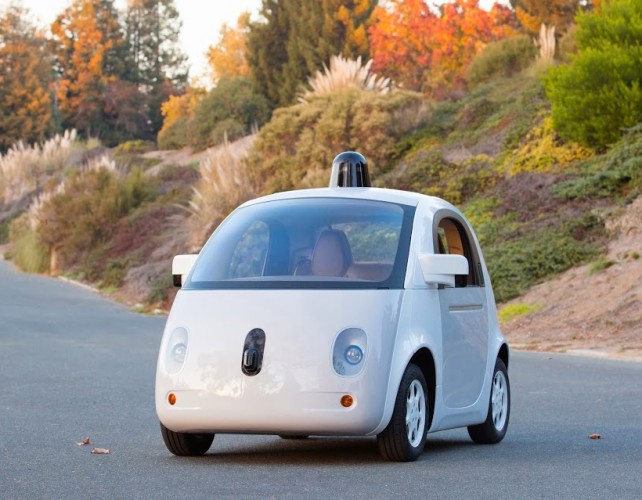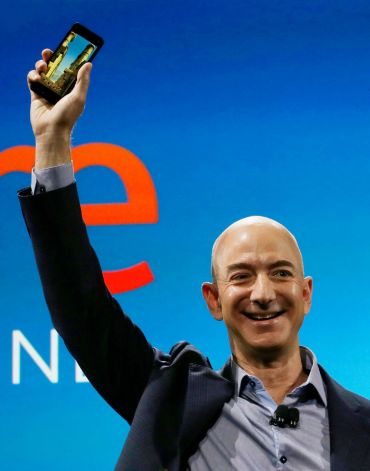 I know what you’re thinking, the title of this piece must be a joke, right?
I know what you’re thinking, the title of this piece must be a joke, right?
But not according to news reports regarding a decision out of Canada’s Supreme Court. Here’s the lede from the Toronto Star:
Google is barred from displaying anywhere in the world the websites of a company accused of counterfeiting a Canadian technology company’s products, the Supreme Court of Canada has ruled.
In a 7-2 ruling that has broad implications for freedom of expression, the reach of courts to protect intellectual property and other rights, and for the operations of Internet-based businesses, the country’s top court upheld a sweeping injunction against Google’s ability to display commercial content that was at the heart of a court battle.
The very brief background is a claim that Datalink Technologies Gateways ripped off the technology of Equustek Solutions by relabeling it. A fight ensued, resulting in a Canadian order that Google delist Datalink websites. (Link to the brief order: Google Inc. v. Equustek Solutions Inc.) (Copy: Google Inc. v. Equustek Solutions Inc.)
That all being Canadian law, I offer no opinion, especially since there’s a much bigger fish to fry.
And that fish is a whale, as the Supreme Court of Canada apparently wrote that Google must delist Datalink not only in Canada, but worldwide.
Let that sink in. A government tells Google to delist worldwide.
The lawyers for the winner think they have a big win:
The ruling is the “first global de-indexing order” and will be “extremely important” worldwide, because it gives a remedy against “gatekeepers” of information such as Google, or Internet service providers, said McCarthy Tetreault lawyer Barry Sookman, who acted for several intervenors representing publishers of literary and musical content.
While the high court apparently thinks that removing sites is only a temporary injunction, for the real issues to be resolved later, the ramifications are, simply stunning.
Because you know who else will think this is “extremely important”? Every tinpot dictator in the world.
I understand Turkey’s president, Recep Tayyip Erdoğan, often doesn’t like what people write about him. And Vladimir Putin is reputed to have killed journalists.
So ruthless, thin-skinned autocrats that have no free speech in their countries can order Google to delist articles worldwide.
Essentially, Putin could demand that the price of doing business in Russia is for Google to delist any articles in the New York Times and Washington Post dealing with its attempts to interfere with our election.
All he needs is a court order from the courts he controls claiming lèse-majesté — it being defamatory to offend the ruler. Truth is irrelevant.
Again, let that sink in. If Google complies with this order, regardless of whether it is temporary, then the price of doing business worldwide is allowing dictators control what we see on our own screens.
Updated with links from elsewhere:
Canadian Supreme Court Says It’s Fine To Censor The Global Internet; Authoritarians & Hollywood Cheer… (Masnick @ Techdirt)
Global Internet Takedown Orders Come to Canada: Supreme Court Upholds International Removal of Google Search Results (Michael Geist)
Ominous: Canadian Court Orders Google To Remove Search Results Globally (Keller @ Center for Internet and Society)
Top Canadian Court Permits Worldwide Internet Censorship (Mackey and McSherry and Ranieri @Electronic Frontier Foundation)


